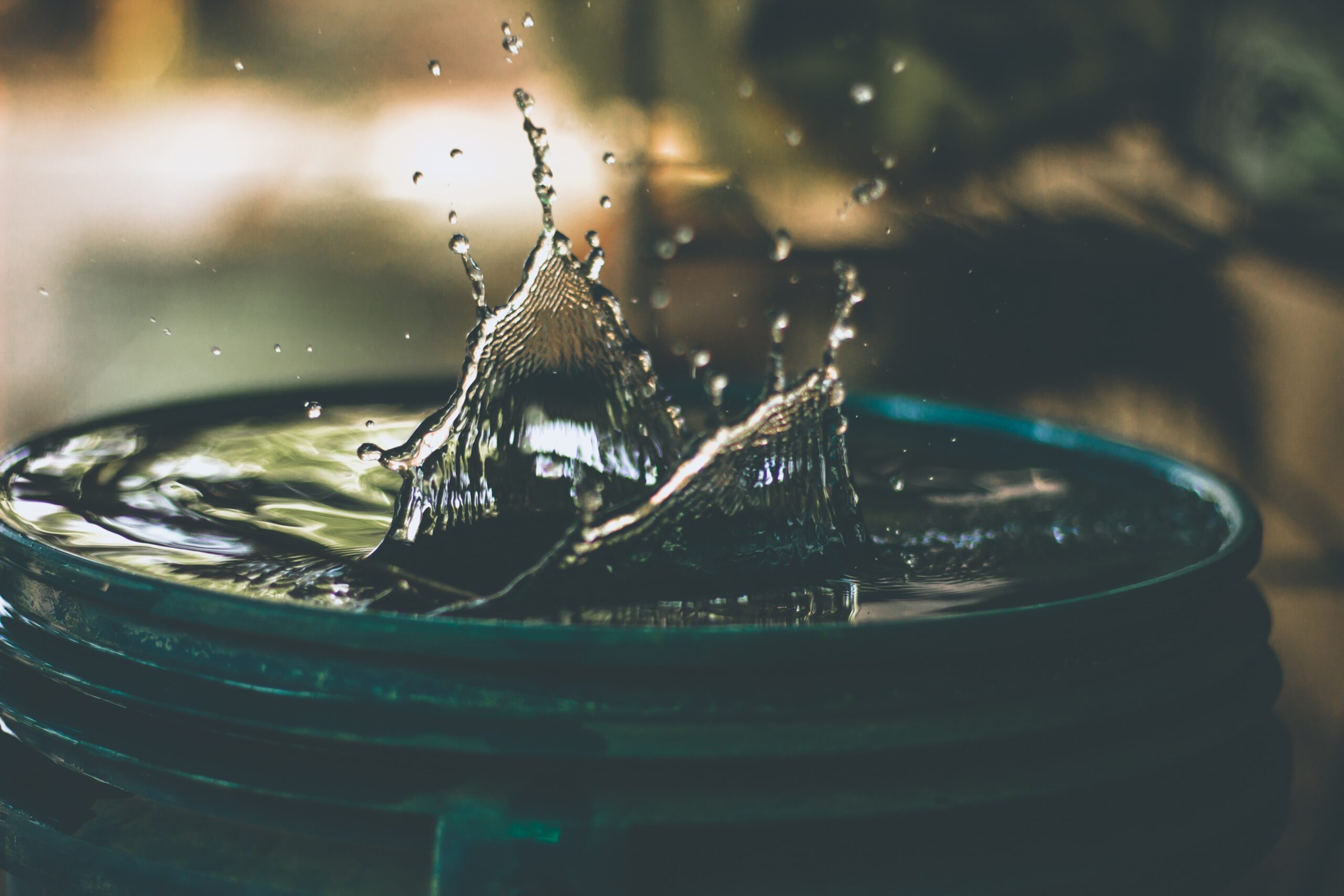
The Benefits of Combining UV Light with Your Water Softener System
If you have a water softener, you probably already understand why monitoring your water quality is so important. We live in an age where water can be contaminated in many ways.
From the build-up of substances from national and domestic pipes, fixtures, and heaters to the chemicals used to treat the water to make it drinkable, modern water goes through a lot, and using a softener is one way to deal with it.
In this guide, we’ll share the lowdown you need to know when it comes to understanding your drinking water’s makeup and how an exciting piece of technology can help.
All of this so you can take an essential step towards achieving a healthier lifestyle.
Let’s get into it.
Drinking Water: A Mineral Treasure Trove
Drinking water is important.
We use it to hydrate our bodies (which are made of 70% water), to quench our thirst, in our food, and to basically stay alive.
To put this into perspective, you can live about ten days without food, maybe several weeks if you’re lucky. Without water, you won’t make it past three.
On top of this, water has a ton of essential minerals to offer, including calcium and magnesium, which often find their way into our water.
These minerals contribute to our daily health intake, particularly benefiting cardiovascular health. However, their presence also leads to water hardness, which can cause several issues at home.
Understanding Water Hardness and Softeners
Water hardness is a problem.
It’s known to interfere with the quality of soaps and how well they work, form unsightly deposits on fixtures, and even cause blockages in pipes and boilers.
You know that hard white stuff that builds up around the outside of your taps? The flakes of limescale in your kettle? All because of hard water, and you’re drinking this stuff.
This is where a water softener comes in.
This technology removes these minerals, specifically calcium and magnesium, using an efficient process called ion exchange. This process involves resin beads, which attract and retain these minerals, replacing them with sodium ions.
The Advantages and Considerations of Using Water Softeners
The effectiveness of water softeners has led to their increased popularity in households, especially those in rural areas where there isn’t the facility to soften water in a water treatment plant.
However, many households are investing in their own because of the many benefits they can provide.
For example, they promise benefits like softer skin and hair, cleaner dishes, and extended appliance lifespan.
However, it’s essential to monitor water usage from a softened system due to increased sodium content, which may make it less suitable for drinking.
Furthermore, the water softening system’s regeneration phase may result in salts and minerals entering the wastewater stream, which requires proper management to mitigate environmental harm.
Augmenting Your Water Softening System with UV Light
And that brings us to the rather unique part of this guide: using UV lights.
You may not think that using a UV light with your water softener is something you would ever think about, but it has its fair usage.
To further enhance the safety of our water supply, installing a UV light system alongside your water softener is recommended.
While water softeners effectively reduce water hardness but don’t address potential microbial contamination entirely. A UV light system provides this added safeguard, eliminating harmful bacteria and viruses in the water supply.
This is especially the case if you’re using well water.
Well water is more prone to contamination due to its groundwater source.
By introducing a UV sterilizer, these potential threats can be efficiently combated. Remember, though, the water treated by UV light should be clear and relatively low in minerals; if the water is hard, a water softener should precede the UV sterilizer.
The Importance of Regular Water Testing
Bearing all this in mind, regardless of where you are, what network your water pipes are connected to, or where you source your water from, regular water testing is a crucial practice to ensure water quality, and not enough people are doing it.
If you’re concerned about your water’s quality and you’re interested to see whether a water softener could be right for you, it’s a good idea to consult with a water expert who can help you navigate the complexities of water treatment and find the optimal solution for your specific water source.
Final Thoughts
Understanding your drinking water’s quality is crucial. Pairing a water softener with UV light technology enhances safety, particularly with well water. Despite this, regular water testing remains vital.
Engage a water expert to help optimize your water treatment process for healthier living.
Safe, clean water is the start to wellness. Get in touch with us now and experience the difference that Hy-Mark can make for your water quality.
Call Our Office At (226) 407-5966 For A Free Home Comfort Consultation.
